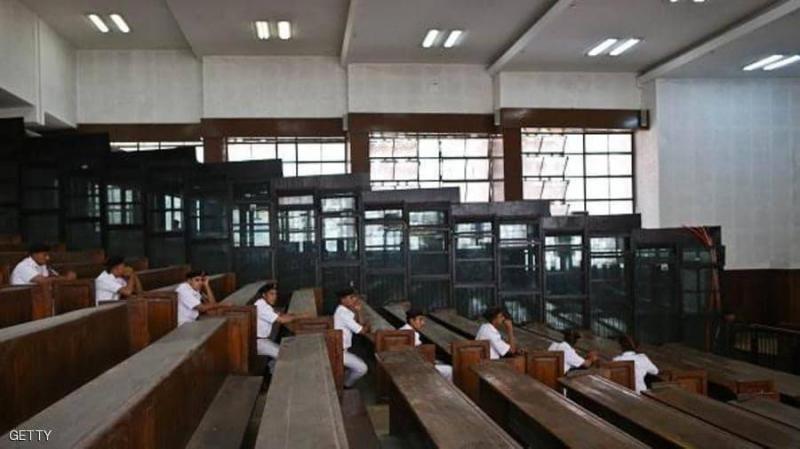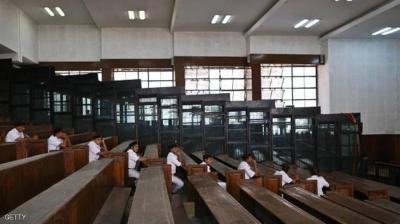Under the title "Execution of Brotherhood Leaders: How Will It Affect the Future of the Organization?" Sky News Arabia published a special report indicating that after seven years of legal proceedings since 2014, the Egyptian Court of Cassation upheld the death sentences for 12 defendants, including leaders from the Muslim Brotherhood, in a final ruling related to the Rabaa al-Adawiya sit-in case dating back to 2013. The court upheld the death sentences for Abdel Rahman al-Barr, Mohamed Beltagy, Safwat Hegazy, Osama Yassin, Ahmed Aref, Ihab Wagdy Mohamed, Mohamed Abdel Hay, Mostafa Abdel Hay al-Farmawi, Ahmed Farouk Kamel, Haytham El-Sayed El-Arabi, Mohamed Mahmoud Ali Zanaty, and Abdul Azim Ibrahim Mohamed. The court also commuted the sentences for 31 others from death to life imprisonment, while dismissing the case for one defendant due to death and upholding other sentences.
A judicial source stated that the ruling is final and not subject to appeal, and the next step is for Egyptian President Abdel Fattah el-Sisi to ratify the ruling for execution. The source, who spoke to Sky News Arabia on condition of anonymity, explained that the trial of the Brotherhood in various cases has taken a long time due to the complexity and detail of the legal proceedings, with several cases being interconnected.
**What Did the Perpetrators Do?**
According to investigations in the case known as "Rabaa Events," the Egyptian Public Prosecution referred the defendants to the criminal court because, during the period from June 21, 2013, to August 14, 2013, they organized a gathering of more than five people in the vicinity of Rabaa al-Adawiya Square that posed a threat to peace and public safety. The investigations indicated that the purpose was to terrorize and instill fear among people, endangering their lives, freedoms, and security, as well as committing crimes of assault against individuals and property of those opposing their political affiliation and beliefs. They also resisted police officers tasked with dispersing their gatherings, committed premeditated murder, and gravely damaged public buildings and property.
**How Will the Decisions Affect the Group?**
In this regard, an Egyptian writer specializing in terrorist movements believes that the organization is entirely managed from abroad, emphasizing that there is a significant wave of anger among the group's leaders and members due to recent decisions by the General Guide Ibrahim Munir. He predicts that the coming days may witness escalatory actions against him, potentially leading to his removal, as he has caused substantial crises for the organization and has not succeeded in resolving any of the pending issues. There are also concerns over his poor handling of the situation in response to the Egyptian-Turkish rapprochement.
The writer stated in an interview with Sky News Arabia that the Brotherhood is currently experiencing a fierce internal crisis that could lead to internal splits and fractures due to the widespread anger sweeping through sectors of the youth and leaders in Egypt. This anger has been driven by the revelation of the current leadership's deception regarding the true nature of Turkish support, which has quickly faded once Erdogan realized the threat the Brotherhood represents to his political future and his country's regional relations, reflecting poor management by the organizational leaders regarding this issue.
The possibility of a statement being issued by the faction opposed to Munir declaring his removal from the position of General Guide in the coming days cannot be ruled out, especially since his presence in this position has incited anger, and prominent leaders within the organization have sought his ousting for several months, particularly after the internal situation intensified.




